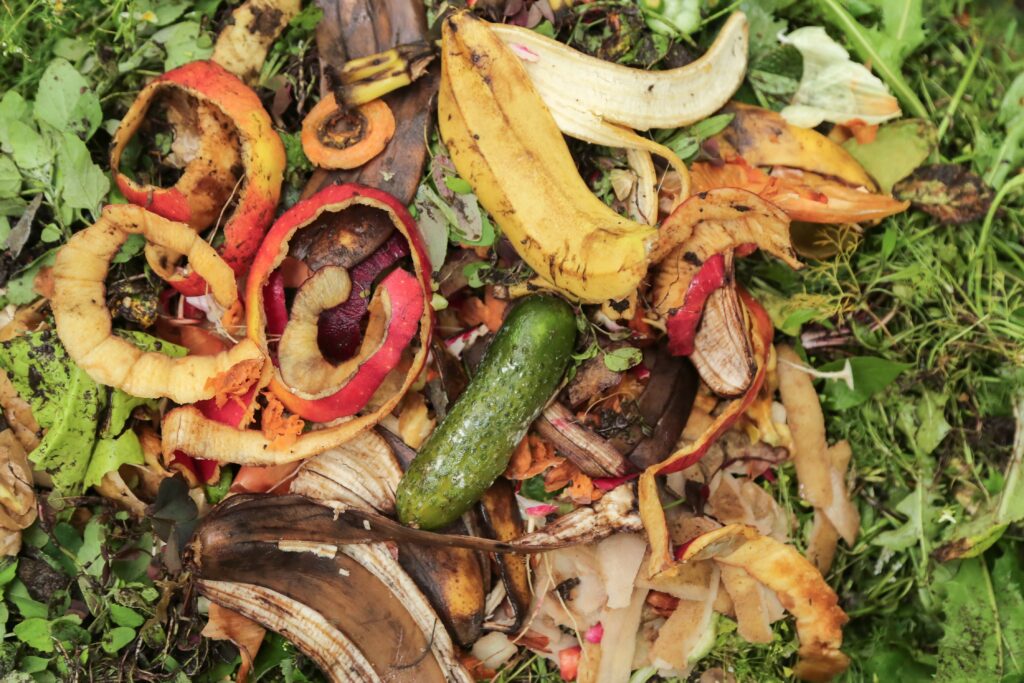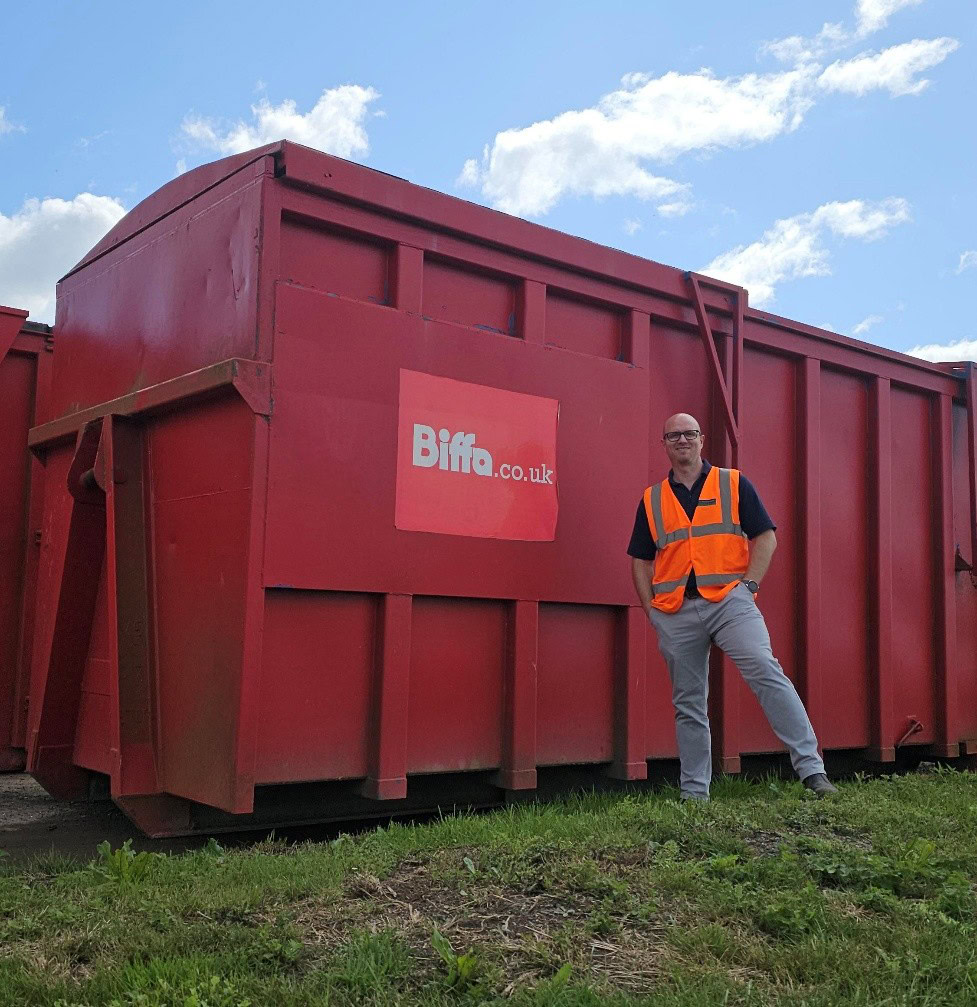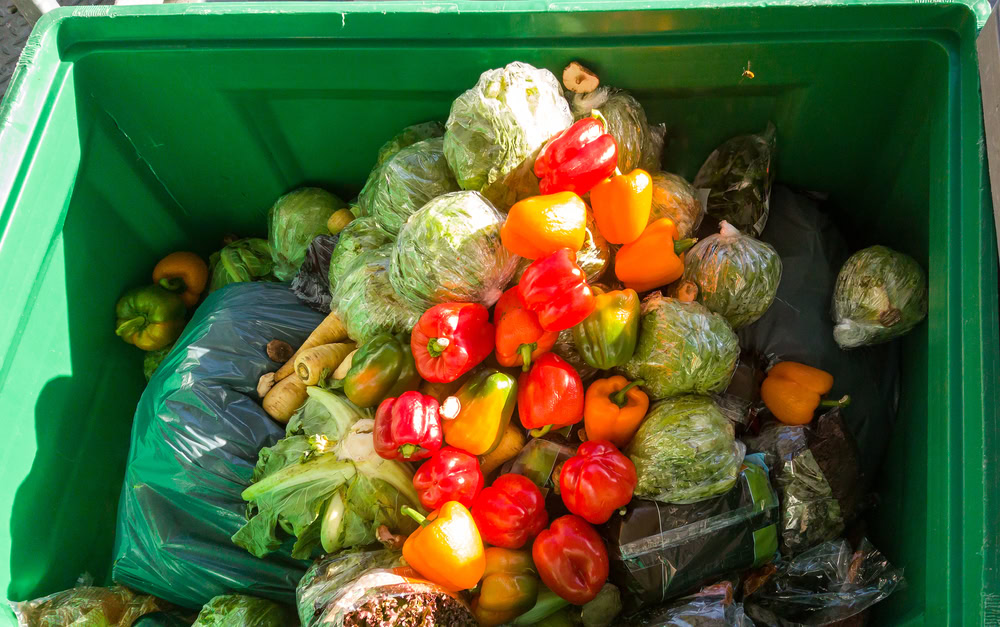The environmental action NGO estimated the volume of food waste from UK households stands at six million tonnes.
This includes food in waste streams collected by local authorities, going down the sewer and home composted.
WRAP added that this comprises of 4.4 million tonnes of edible food that goes to wate, with the remaining 1.6 million tonnes comprising of inedible parts such as eggshells, bones and fruit peel.
However, it warned that ongoing food waste levels could threaten the UK’s carbon reduction ambitions.
WRAP’s new CEO Catherine David said: “While collaboration through WRAP’s UK Food and Drink Pact has propelled the UK in the field of food waste prevention, it took the end of a pandemic and a cost-of-living crisis to get faster impact.
“This is a wakeup call that we all need to act: here in the UK to meet our targets, and through global co-ordination to share expertise and ensure this crucial area is a higher priority and is adequately funded.
“This is imperative if we are to continue reducing household food waste at scale.”
WRAP proposed that the reduction was largely due to Covid-19 restrictions lifting meaning less food was eaten at home in 2022, and the rise of food prices during 2022 and into 2023, particularly up to December 2022 when food prices increased by approximately 17%.
Despite the reduction, the NGO estimated that UK shoppers waste approximately £17 billion on food that is thrown away – an average of £1,000 a year for a household of four people.
‘A prime time for action’
Since 2007, the first year of measurement and against which UK targets are measured, household food waste has decreased by 22%.
WRAP said that, while these results show that it is possible to significantly reduce widescale household food waste in a short space of time, more needs to be done to meet international targets under the UN Sustainable Development Goal 12.3.
David added: “We all need to make the most of our food. Government needs to help by introducing policies that level the playing field.
“Retailers also need to help their customers, whether that’s by ensuring loose fruit and veg is available, or that people are not financially penalised if they buy, for example, a smaller loaf of bread – and helping them make the most of the food they buy.
“And all of us as consumers can take action – noticing when we waste food and making changes to reduce food waste – such as making a shopping list, buying loose fruit and veg, storing things in the right place so our food lasts as long as possible.”








Subscribe for free